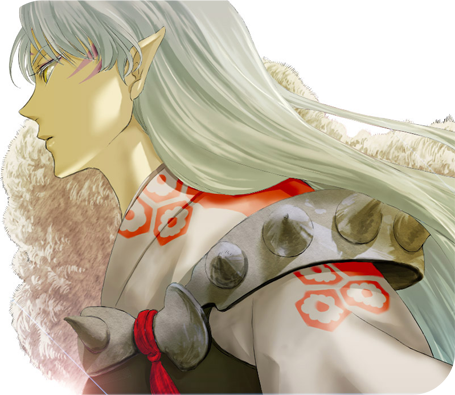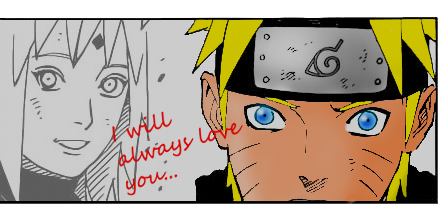I've debated about opening a thread on that funny little statement and the "in the falling snow" one at the end of that chapter, so I'm glad others are talking about it! Yay!
I've wondered about those two phrases. They are jarring in a manga, especially since they have to do with seasons. The snow one especially. It's like a scrap of poetry tacked on to the end of the chapter. And I've spent an unreasonable amount of time thinking about it.

I don't know much about eastern story telling devices, but in traditional haikus the presence of season is tremendously important. (It's called a kigo, if you're interested.)
So when I read both of those statements — one a proverb, the other a poetic reference, both in the same chapter and both in a somewhat poetic tone — it immediately brought to mind the use of seasons in Japanese haikus.
There is also an interesting technique in traditional haikus where the author uses a "cutting word," a word on which the poem turns in it's meaning. It can give a natural pause to the flow of thought, or it's a way for the author to force the reader to compare between 'the before' and 'the after' in the poem.
"The insistence on time and place was crucial for writers of haiku. The seasonal reference was called a kigo and a haiku was thought to be incomplete without it. In Basho's poem quoted above, for example, the phrase aki fuhaki, "deep autumn" or "autumn deepens" is traditional and had accumulated resonances and associations from earlier poetry as well as from the Japanese way of thinking about time and change. So does the reference to snow-yulei, which can also mean "snowfall"-in Buson's poems. It is always connected to a sense of exposure to the elements,
for which there is also a traditional phrase, fuyuzare,
which means "winter bareness." - by Robert Haas, "The Essential Haiku"
I'll sum up the rest: He goes on to write that in European traditions, the seasons are not so tightly woven into the storytelling. Wordsworth would write about a "in pensive or in wayward mood," whereas it was very common to use images to evoke the state of mind.
Like "the old Japanese phrase the sums up the transience of things, "swirling petals, falling leaves." To a European reader it paints a pretty picture, to an Eastern reader the image takes on a deeper meaning.
So what does all this mean?
My thoughts were that since Sakura talked about her heart being like the Autumn sky, and then the chapter ends with "amid the gently falling snow" that those two had to be connected. If you think of it in terms of a haiku, with the seasonal reference as symbolic, then the two main characters are very far apart. She's confessing her love, but they are both still on their own journeys.
I'm very curious to see if there is another poetic mention of spring at the end of the manga when the true feelings are revealed.
I mentioned the "cutting word" because it also could be that in the end of the manga, we may be able to go back and look at her confession as the dividing line between the 'before' and the 'after.' There's nothing in the little phrases that implies that, it's just a common haiku device, so.... eh, why not.
Since Kishimoto has always pulled from historical sources for his characters, I don't think it's a big stretch for him to incorporate poetic devices here and there.
Has he done this other places that I have overlooked? I can't remember anyone else speaking in such a deeply personal way. You know, incorporating Japanese proverbs to describe how she feels.
And for the record, I think Sakura was fibbing about her heart being as fickle as the Autumn sky. That in reality it isn't - that her change in feelings was slow and steady, and has been happening from the beginning. At the moment she confesses, I think she's known for a while that she sees Naruto differently, but she doesn't want to draw attention to it.
Alright. This concludes the instructional portion of the debate thread. If you want to reference me for English papers, that's capital T, r-i-c-k-s-i-e, and tell your teacher you read it on the Interweb, where everything you read is true! jk

ps - I love haikus, and have worked a chapter of "Voice in the Wind" around one! I also have stumbled across the love poems of Japanese courtiers - wonderful! They were little love notes noble women would leave for their samurai lovers. (If anyone wants me to post some, I'll start a new thread)



 This topic is locked
This topic is locked


























